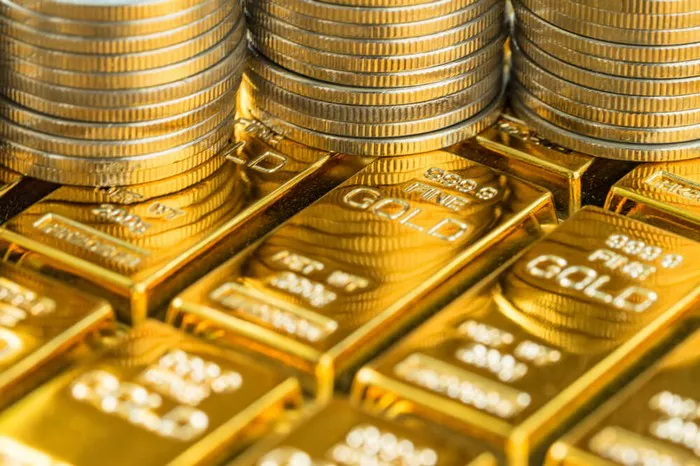Pawn shops have long been a go-to destination for individuals seeking quick cash or looking to buy items at a discounted price. Among the many commodities pawnbrokers deal with, gold holds a significant place due to its enduring value and demand. If you’re considering selling gold at a pawn shop, it’s crucial to understand how they determine prices and what you can expect in return.
Understanding Gold Purity and Its Impact on Prices
Gold purity is measured in karats (k), with pure gold being 24 karats. However, most jewelry isn’t made of pure gold due to its softness. Instead, it’s alloyed with other metals to enhance durability. Here’s a breakdown of common karat values:
1. 14k gold: This is 58.3% pure gold (14/24×100).
2. 18k gold: With 75% pure gold (18/24×100), 18k gold is considered high quality and valuable.
3. 20k gold: Offering 83.3% pure gold (20/24×100), 20k gold is prized for its rich color and purity.
The higher the karat, the more pure gold the piece contains, thus typically fetching a higher price.
How Pawn Shops Determine Gold Prices
When you take your gold to a pawn shop, the pawnbroker assesses its value based on several factors:
1. Gold Purity: The karat of your gold significantly influences its value. Higher karat gold commands higher prices due to its higher gold content.
2. Weight: Pawnbrokers weigh your gold to determine its value. The more gold you have, the more money you’re likely to receive.
3. Current Market Prices: The price of gold fluctuates daily based on market demand and supply. Pawnbrokers consider current market prices when making offers.
4. Condition: The condition of your gold jewelry also matters. Pieces in good condition may fetch higher prices than those with significant wear or damage.
Understanding the Offer: What to Expect
It’s essential to have realistic expectations when selling gold to a pawn shop. Remember, pawnbrokers need to make a profit, so the offer you receive will likely be less than the actual gold value. As a general guideline:
1. Expect to receive between 55 to 75 percent of the total gold value.
2. For instance, if your gold jewelry contains approximately $420 worth of gold, a fair offer would range from $231 to $315.
Another method used by pawnbrokers is to reduce the per-gram value by 25 to 45 percent. For example, if the current price per gram is $48.23, you may receive up to 75 percent of that, equating to $36 per gram.
Negotiating the Deal
While pawnbrokers typically offer a fair price, there’s often room for negotiation. Don’t hesitate to politely negotiate for a better deal, especially if you’ve done your research and believe your gold is worth more. However, be prepared to compromise to reach a mutually beneficial agreement.
Conclusion
Selling gold at a pawn shop can provide quick access to cash when needed. By understanding how pawnbrokers determine prices and what factors influence their offers, you can approach the transaction confidently. Remember to research current market prices, know the purity and weight of your gold, and be prepared to negotiate for a fair deal. With this knowledge in hand, you can navigate pawn shop gold sales with confidence and ensure you receive a reasonable offer for your precious metal.
FAQs
Q1: How do pawn shops determine the purity of gold?
A1: Pawn shops typically use acid testing or electronic gold testers to determine the purity of gold. These methods involve applying acid or using electronic devices to assess the karat value accurately.
Q2: Can I sell gold coins or bars at a pawn shop?
A2: Yes, many pawn shops accept gold coins and bars for sale. However, the price offered may vary based on factors such as the purity, weight, and current market demand for the specific coin or bar.
Q3: What happens if I don’t repay my loan to the pawn shop?
A3: If you fail to repay your loan to the pawn shop, the pawnbroker has the right to sell the gold or other collateral you provided as security for the loan. They will aim to recover the loan amount and any associated fees, with any surplus returned to you if applicable.


